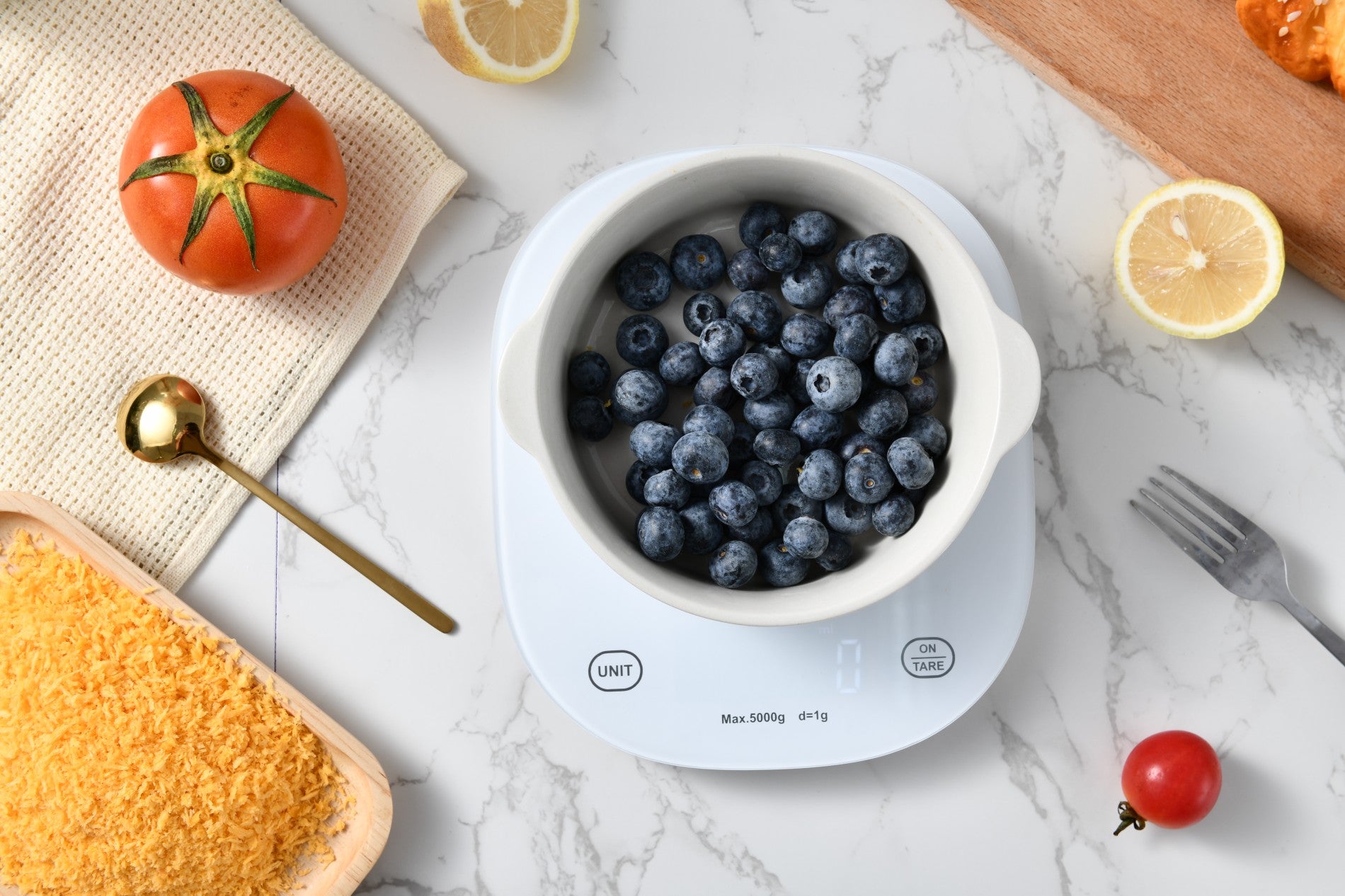導入
睡眠は私たちの日常生活に欠かせない要素であり、質の高い睡眠は心身の健康にとって非常に重要です。最近の研究では、果物と野菜の摂取量と睡眠時間の関係が調査され、食事と睡眠の重要なつながりが明らかにされました。
睡眠の重要性とその役割
睡眠は、私たちの体を休ませ、日々の活動から回復させる役割を果たします。心臓、血管、筋肉、細胞、免疫システム、認知能力、そして記憶力はすべて、規則正しく健康的な睡眠に依存しています。質の高い睡眠は、覚醒中に生じたDNA損傷の修復にも役立ちます。
良質な睡眠は、一晩に3~5回の睡眠サイクルで構成され、各サイクルは平均90~120分続きます。成人は一晩に7~9時間の睡眠を目標とすべきです。しかしながら、成人の間で不眠症や睡眠時間の短縮がますます蔓延しています。ストレス、ファストフードの摂取、座りがちな生活習慣といった要因により、睡眠不足は心血管疾患、認知機能の低下、死亡率の上昇につながる公衆衛生問題となっています。
研究結果
この研究は、睡眠時間が果物や野菜の摂取量にどのような影響を与えるか、またその逆について調査することを目的としました。また、個人の睡眠タイプ(朝型か夜型か)が、食事の選択と睡眠時間にどのような影響を与えるかについても調査しました。
成人に推奨される果物と野菜の摂取量
世界保健機関(WHO)は、1日に少なくとも400グラムの果物と野菜の摂取を推奨しています。北欧の一部のガイドラインでは、1日に500~800グラムの野菜、果物、ベリー類を摂取することを推奨しており、そのうち半分は野菜から摂取するとされています。
主な調査結果:果物と野菜の量と種類が重要
研究では、睡眠時間が正常な人は、睡眠時間が短い人や長い人に比べて、果物と野菜の摂取量が多いことが分かりました。特に、睡眠時間が異なるグループ間で、葉物野菜、根菜、果菜類(トマトやキュウリなど)の摂取量に有意な差が見られました。ベリー類などの生果物の摂取量も、睡眠時間と有意な関連がありました。
この研究では、睡眠時間によって果物と野菜の摂取量をある程度予測できることも明らかになりました。睡眠時間が短い場合、果物と野菜の摂取量が少ない傾向があり、睡眠時間が通常の場合、果物と野菜の摂取量が多い傾向がありました。
毎日の果物摂取量を管理する方法
果物や野菜から最適な栄養を摂取するには、毎日の摂取量を正確に測定することが重要です。Arboleaf CK10Gキッチンスケールは、毎日の果物と野菜の摂取量を正確に測定するのに役立ちます。CK10GはArboleafアプリと連携し、食品パッケージのUPC情報をスキャンして、USDA(米国農務省)の食品成分データをアプリに表示できます。4つの高精度センサーを搭載したCK10Gは、ミリグラム単位の精度で測定できるため、毎日の栄養摂取量をより適切に管理し、質の高い睡眠を促進するのに役立ちます。
毎日の果物と野菜の摂取量をコントロールすることで、食習慣を改善し、睡眠の質を高めることができます。この研究は貴重な洞察を提供し、日常生活において健康的な食生活と質の高い睡眠という二つの目標を達成するのに役立ちます。



トライアスロンをすべての人に: プロアスリートを超えてスポーツを受け入れる
効率的な減量:体脂肪計の重要な役割